Our December Newsletter was sent to your work email.
If you have not received our monthly newsletter, please let us know at info@careaerc.ca.
If you have not received our monthly newsletter, please let us know at info@careaerc.ca.
If you have not received our monthly newsletter, please let us know at info@careaerc.ca.
If you have not received our monthly newsletter, please let us know at info@careaerc.ca.
If you have not received our monthly newsletter, please let us know at info@careaerc.ca.
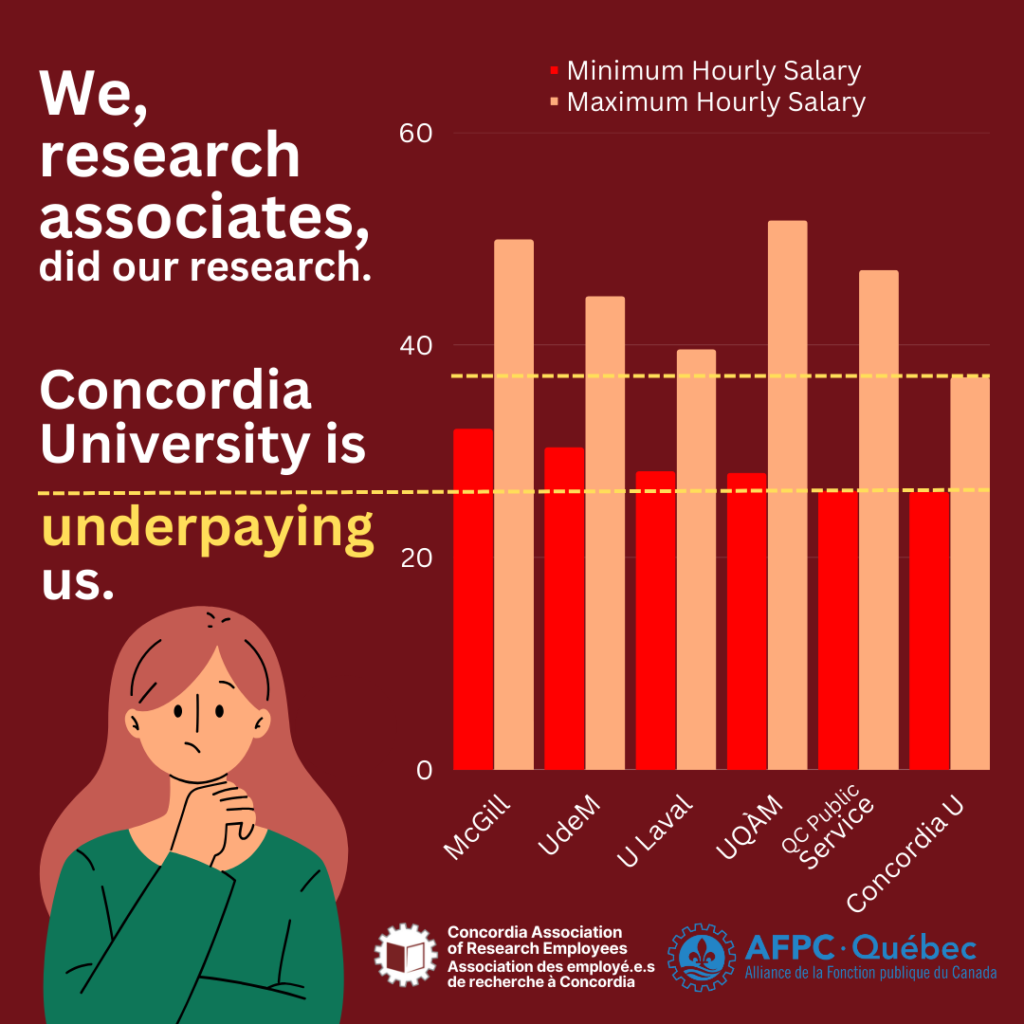
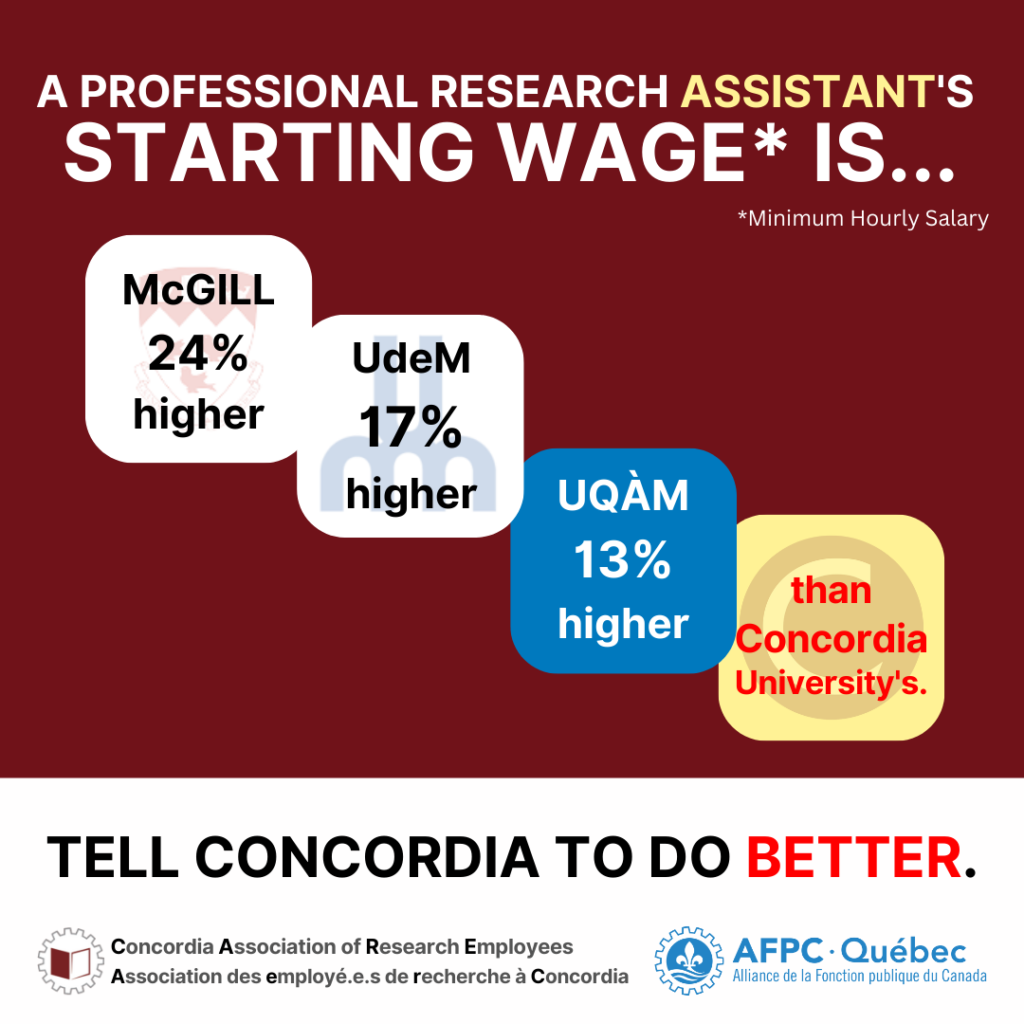

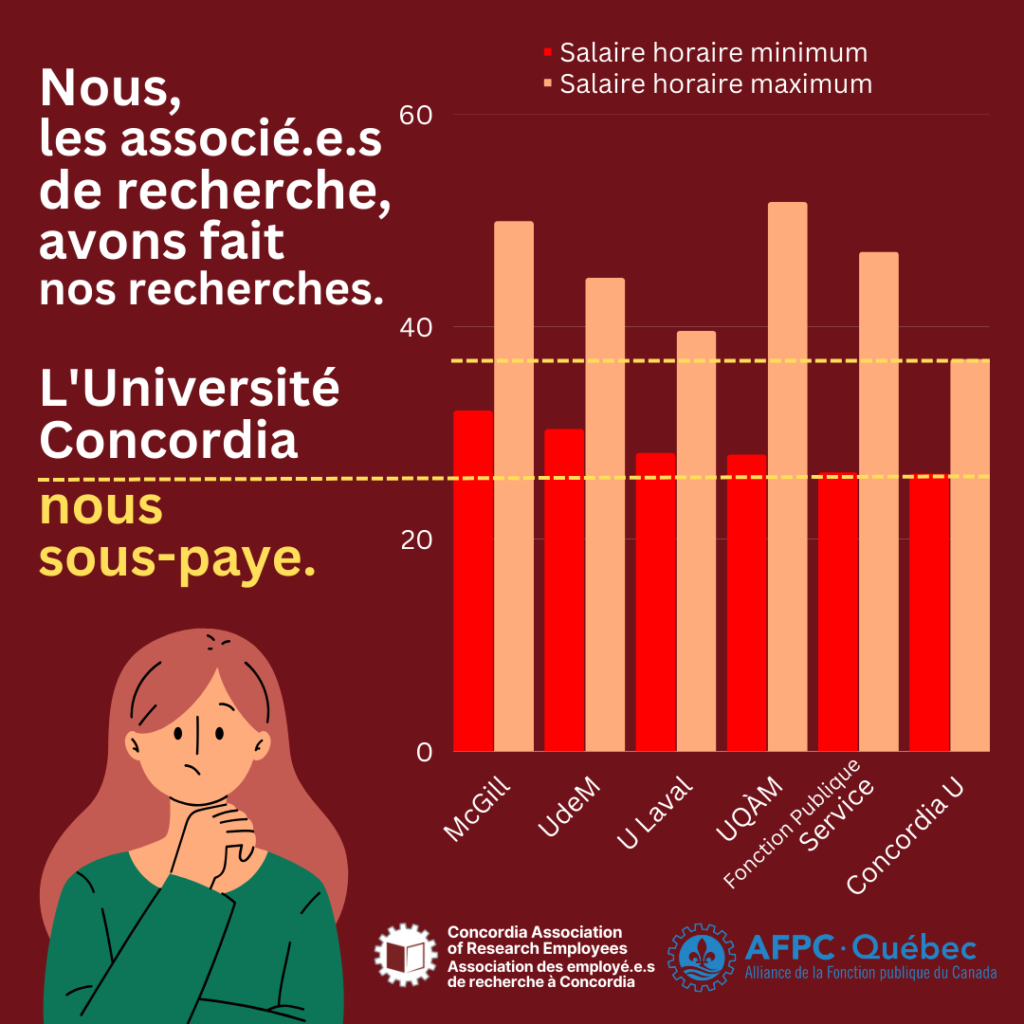
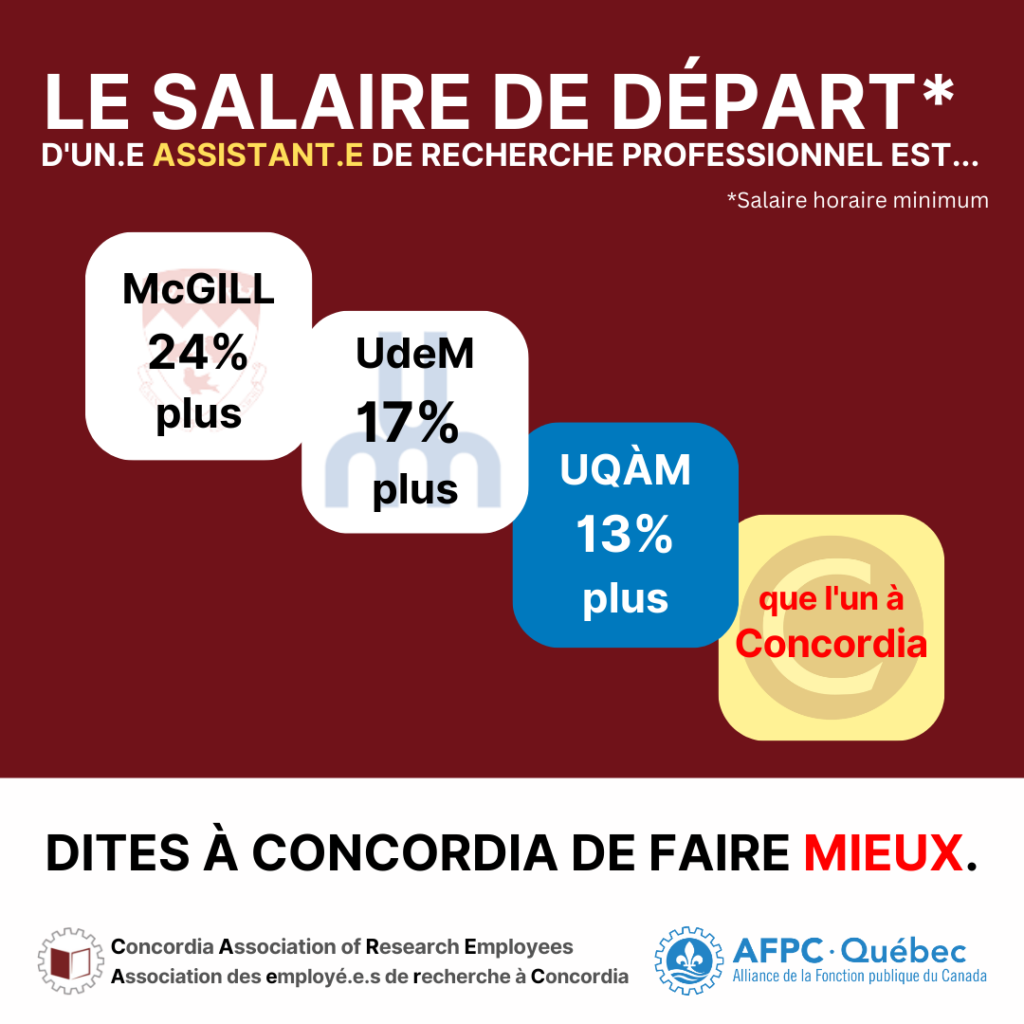
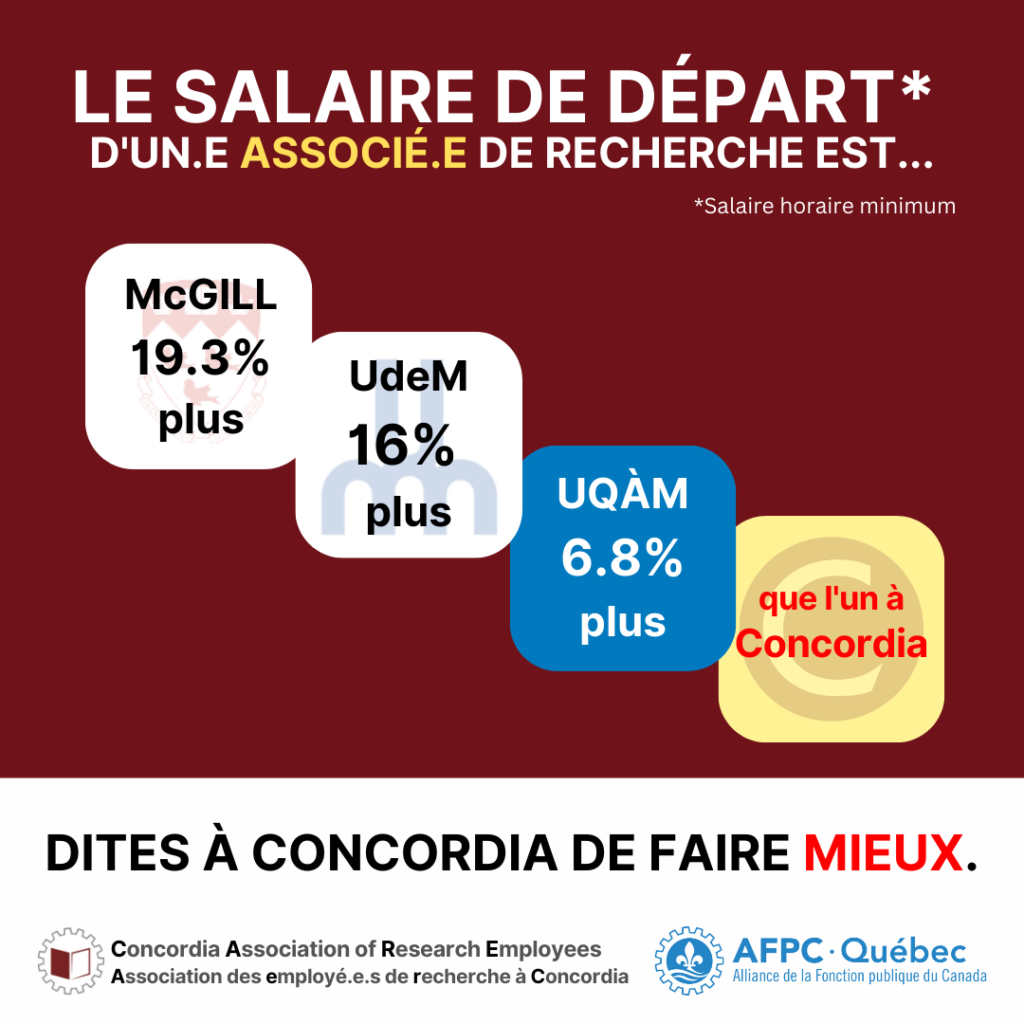
If you have not received our monthly newsletter, please let us know at info@careaerc.ca.
If you have not received our monthly newsletter, please let us know at info@careaerc.ca.
If you have not received our monthly newsletter, please let us know at info@careaerc.ca.
If you have not received our monthly newsletter, please let us know at info@careaerc.ca.
We would like to express our gratitude to everyone who attended the 2023 CARE Annual General Assembly (AGA) on February 22nd, 2023. With 29 members in attendance, the AGA was a great success. We would like to extend a special thank you to our outgoing executive for their dedication and hard work. We are pleased to announce that the new executive has been elected by acclamation, and we look forward to working together with our members to continue advancing our mission. Please visit the Meet the Team page to learn more about the new members of the Executive Committee.
We still have three vacant positions available in the Executive Committee:
Time commitments for executive committee members include an hour-long weekly meeting, as well as approximately one more hour each week for events or tasks related to the position’s duties.
Please email info@careaerc.ca if you are interested in participating in the Executive Committee!